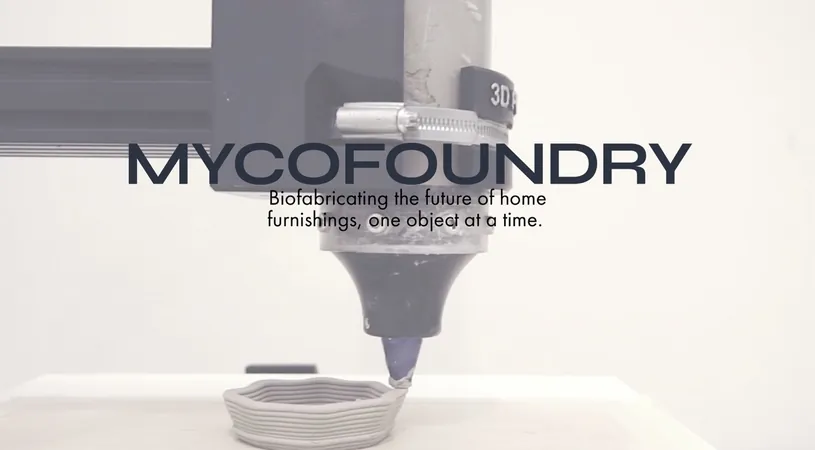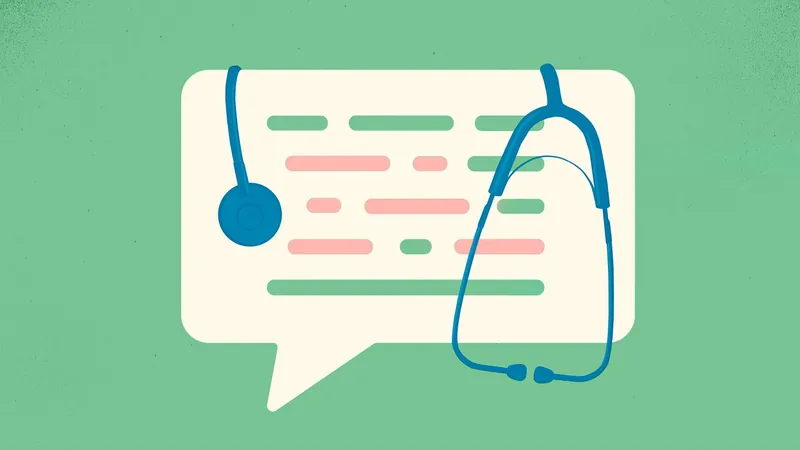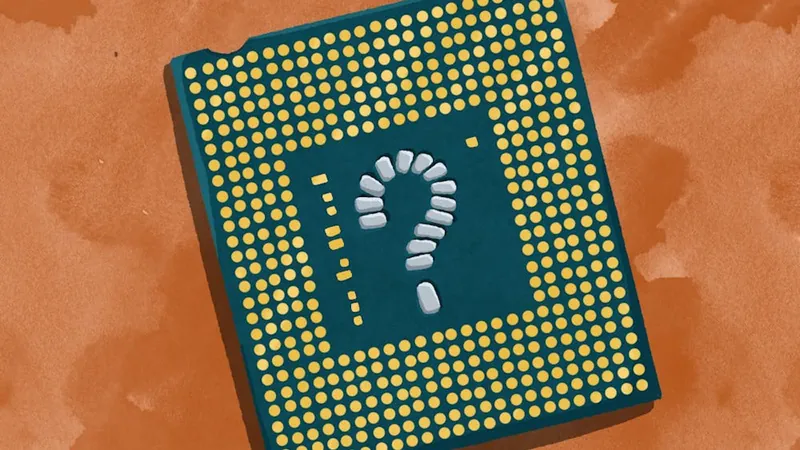
Rats Master Tiny Cars: A Deep Dive into Animal Joy and Cognition
2024-11-17
Author: Benjamin
Introduction
In an intriguing blend of science and the unexpected, researchers have taken the world by storm, teaching rats how to drive tiny vehicles, and what they've discovered about these furry drivers is nothing short of fascinating.
Background of the Research
University of Richmond neuroscientist Kelly Lambert and her team have been perfecting the art of rat driving for years now, using these unique experiments to delve into the complexities of animal behavior, environmental stress, and cognitive development. Their adorable trials became so popular they were featured in a Netflix documentary in 2022, but the broader implications of their work go beyond mere entertainment.
The Impact of COVID-19 Lockdowns
During the isolating times of the COVID-19 lockdowns in 2020, Lambert noticed something remarkable in her lab. The rats, previously accustomed to their usual routines, exhibited signs of emotional excitement. Upon entering the lab one day, she observed the driving-trained rats eagerly running to the side of their enclosure, jumping around with a zeal reminiscent of a dog excited for a walk.
Anticipation vs. Reward
Lambert pondered whether the rats were simply hungry for their sugary Froot Loop reward, or if they were genuinely anticipating the thrill of driving. The signs pointed towards a deeper emotional experience, characterized by excitement and anticipation for their learned skill.
Enthusiasm for Driving
Far from their natural habitats, these driving-trained rats displayed an unexpected enthusiasm for their "mini vehicles." Observations revealed their intense motivation to engage in driving activities, with the rodents frequently hopping into their cars and revving the engines before hitting the road, signaling that they were more than mere participants—they were enthusiastic drivers.
The Joy of the Journey
The research team posited that the anticipation of driving may be just as pleasurable as the rewards they receive afterward. Their findings were illuminating: rats that learned to wait for positive experiences outperformed their counterparts in cognitive tasks. When given a choice, most of the driving-trained rats opted for the longer route involving driving over a direct path to their treat, demonstrating that the journey was as fulfilling as the destination.
Lessons for Humans
Lambert’s conclusions extend an important lesson to humans: the value of anticipation and the enjoyment found in the journey towards a goal. She emphasized the psychological benefits of planning and waiting for pleasurable experiences, which could contribute to greater overall brain health.
Reflection and Insight
This groundbreaking research invites us to reflect on our own behaviors, suggesting that perhaps we, too, should embrace the joy of anticipation rather than solely seeking instant gratification—a valuable insight in today’s fast-paced world.
Rats' Extraordinary Abilities
Moreover, it has been suggested that rats possess remarkable abilities, including an exceptional sense of smell—a potency likened to mystical "Jedi" skills in some studies. As Lambert's research furthers our understanding of animal intelligence and behavior, it becomes increasingly apparent that the minds of these small creatures are filled with complexity and surprises that continue to evolve.
Conclusion
Stay tuned for more updates as scientists explore the boundaries of cognition, emotion, and the capabilities of the animal kingdom!









 Brasil (PT)
Brasil (PT)
 Canada (EN)
Canada (EN)
 Chile (ES)
Chile (ES)
 España (ES)
España (ES)
 France (FR)
France (FR)
 Hong Kong (EN)
Hong Kong (EN)
 Italia (IT)
Italia (IT)
 日本 (JA)
日本 (JA)
 Magyarország (HU)
Magyarország (HU)
 Norge (NO)
Norge (NO)
 Polska (PL)
Polska (PL)
 Schweiz (DE)
Schweiz (DE)
 Singapore (EN)
Singapore (EN)
 Sverige (SV)
Sverige (SV)
 Suomi (FI)
Suomi (FI)
 Türkiye (TR)
Türkiye (TR)